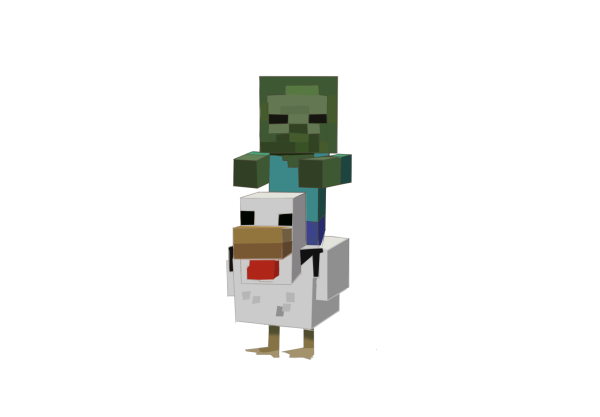Nutrition during the pandemic
During the pandemic, try to consume foods rich in serotonin and melatonin, like cherries, nuts and fish, and Vitamin D, like milk.
Since quarantine has started, many people have gained significant amounts of weight, thanks to lack of exercise, easy access to their pantries and stress. Trust me, I’ve been there. I often find myself anxiously shoveling ice cream into my mouth as I watch the horrors of 2020 unfold. So how can we turn quarantine into our friend instead of our foe?
The first thing to do is to take advantage of your time. School currently starts much later than it did before, lunch is longer and no time is being wasted commuting to and from school. In a mad rush to get to school, many people used to skip breakfast, the most important meal of the day. Now is the opportunity to start eating breakfast again, and hopefully make it into a habit even after quarantine is over.
You can also use this extra time to meal prep and look for recipes that are not just pizza and ice cream. Meal prepping is exactly what it sounds like. At the beginning of the week, prepare the meals you will eat for the rest of the week, so that you don’t have to worry about it later.
The meals don’t need to be organic, but they need a sufficient amount of nutrients to keep us healthy — mentally and physically. According to a study on nutrition recommendations in quarantine published by NIH, serotonin, melatonin and Vitamin D are vital nutrients to eat now.
Serotonin and melatonin are sleep-inducing chemicals which can help ease the stress 2020 has caused. Some foods that are rich in serotonin and melatonin include cherries, nuts and fish. Vitamin D is also an important nutrient because we are not getting as much sunlight as we did before, and a lack of it has been shown to be associated with epidemics in the past. Some foods that are rich in Vitamin D include all kinds of milk and fish.
In addition, another nutrient found to be beneficial during these times is Vitamin C, which helps to strengthen your immune system. If you do come in contact with the virus, this vitamin makes it easier for your body to fight the germs off.
We also have to be careful when it comes to what not to eat. No one can deny that this year has been a scary and stressful year filled with twists and turns. As a result, many use food to cope with their fears, specifically foods that are high in carbohydrates. According to the NIH article, food cravings satisfy our minds as consuming the food helps us destress. To stop this, become aware of what you are eating and make sure that you aren’t mindlessly pushing junk into your stomach. Although it’s okay to eat carbohydrates and sugars, it can become dangerous when indulged upon.
On the flip side, we have to remember to eat a good amount of food and not force ourselves into an extreme diet. In an article with CNN Health, cardiologist and professor of clinical medicine, Isadore Rosenfeld MD, said eating less than 1,200 calories a day on a normal basis can lead to heart problems and damaged blood vessels. In fact, your metabolism may decrease, making you more likely to gain weight in the future.
The perfect solution will vary from person to person. But overall, what is really important is what makes you feel best. And what’s most likely to make you feel best are foods that are filled with nutrients, vitamins and minerals, and not foods that you eat to comfort yourself. During these stressful times, it’s important to take care of your body for the best outcome in the future.
Your donation will support the student journalists of The Tide, Richard Montgomery High School's student newspaper. Your contribution will allow us to purchase equipment and cover our annual website hosting costs.

Raha is super excited to spend her senior year as Editor-in-Chief of The Tide! Before being EIC, she wrote for Sports and Arts, and then became...











